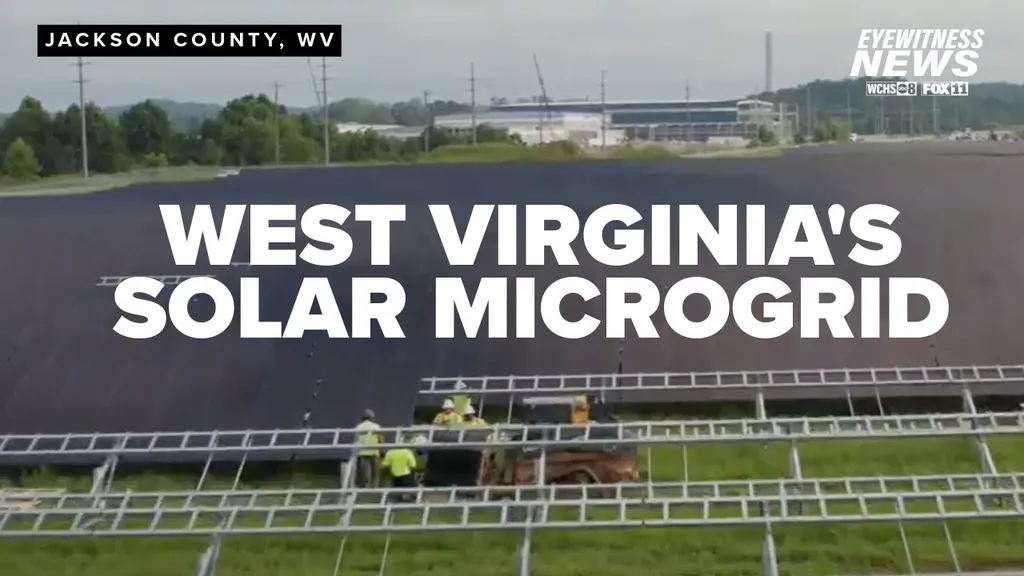In a significant stride toward greener and more efficient energy solutions, researchers have developed and validated a novel tubular permanent magnet linear alternator (PMLA) designed for free-piston engine applications. This innovation, detailed in a study published in the journal *Machines* (translated from Spanish), could reshape the landscape of power generation, offering a compelling alternative to traditional rotary generators.
The research, led by Parviz Famouri of the Lane Department of Computer Science & Electrical Engineering at West Virginia University, focuses on the integration of a PMLA with a free-piston engine system. Unlike conventional rotary generators, linear alternators convert linear motion directly into electricity, bypassing the complexities and energy losses inherent in rotary mechanisms. This direct conversion promises higher efficiency and a simplified system architecture, which are critical for advancing sustainable energy technologies.
“Linear alternators offer a direct conversion of linear motion to electricity, eliminating the complexity and losses associated with rotary generators,” Famouri explained. “This enables higher efficiency and simplified system architecture, which are essential for developing advanced energy conversion technologies.”
The study employed a multifaceted approach, combining analytical modeling, finite element simulations, and sensitivity-based design optimization to guide the alternator and engine integration. Two prototype systems, designated as alpha and beta, were developed and rigorously tested. The beta prototype achieved a maximum electrical output of 550 watts at 57% efficiency using natural gas fuel, demonstrating reliable performance at elevated reciprocating frequencies. The design and optimization of specialized flexure springs were pivotal in achieving stable, high-frequency operation and improved power density.
The implications of this research are far-reaching, with potential applications spanning hybrid electric vehicles, distributed energy systems, and combined heat and power. The scalability and adaptability of PMLA technology highlight its potential to become a cornerstone of sustainable power generation.
“This study demonstrates the potential of free piston linear generator systems as efficient, robust, and environmentally friendly alternatives to traditional rotary generators,” Famouri noted. “The results validate the effectiveness of the proposed design approach and highlight the scalability and adaptability of PMLA technology for sustainable power generation.”
As the global demand for electricity continues to rise, the need for advanced, efficient, and environmentally responsible energy conversion technologies becomes increasingly urgent. The development and validation of the tubular PMLA represent a significant step forward in meeting this challenge, offering a promising path toward a more sustainable energy future. This research not only advances the field of energy conversion but also paves the way for innovative applications in various sectors, ultimately contributing to a cleaner and more efficient energy landscape.

